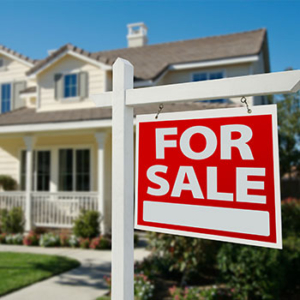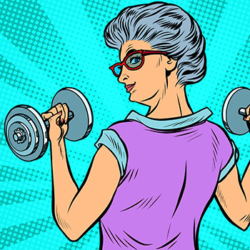 It was only a short year ago your checking account was offering you the same interest rate as the high-interest savings account provided at the bank—something along the lines of .00001%. Since then, the Fed has raised and continued raising rates to “Slow Down” inflation. So I wanted to share my perspective on how it will affect most people.
It was only a short year ago your checking account was offering you the same interest rate as the high-interest savings account provided at the bank—something along the lines of .00001%. Since then, the Fed has raised and continued raising rates to “Slow Down” inflation. So I wanted to share my perspective on how it will affect most people.
Short-term rate increases will reduce your discretionary income.
Variable mortgages, credit card debt, home equity loans, auto loans, and student loans will cost more. They are all tied to short-term interest rates. In fact, I have heard that the amount of repossessed autos is through the roof as of the end of January. For most consumers, the increase in debt causes less income to pay for those things like auto payments, dinners out, beauty salons, and streaming services.
 Residential Purchases have slowed.
Residential Purchases have slowed.
We are all well aware that the housing market has gone to extreme highs over the past two years. Some people could justify paying higher prices with interest rates as low as they were. Now with rates higher, monthly payments have increased significantly, which has slowed residential sales. When a home sells, it’s a large transaction, and real estate brokers get a commission, banks make loan fees, property inspectors and appraisers earn fees, and most new homeowners spend a lot of money on improvements and furnishings to their new homes. So for every home that does not sell – furniture stores, home improvement stores, flooring stores, and so on don’t get sales either.
 Uncertainty for developers could slow new construction.
Uncertainty for developers could slow new construction.
Construction costs over the past year are another line item that continues to increase. With that uncertainty, I would expect developments to slow down in the near term until greater stability enters the market. It does bode well for owners of existing property owners as it will create less supply of retail space in the market and might result in higher lease rates.
Certain retailers will be impacted by borrowing costs.
Retailers are likely to face higher debt costs over the next few years. This could impact their ability to expand or reinvest in their stores. Smart property owners will pay more attention to their balance sheets than their tenants.
Don’t take this blog as a huge negative; it’s just our current circumstances. Rising rates will cause some pain. However, it should get us back to a world of lower inflation and a more balanced employment sector, so businesses can feel confident about hiring employees. A more predictable commercial real estate landscape where developers and retailers don’t have the fear their bids and timelines will change significantly.
These times can feel confusing and overwhelming. If you have questions, please contact me here.
February 2023




